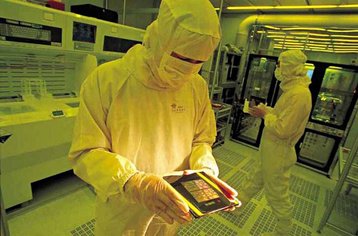British semiconductor and software company Arm has laid off more than 70 software engineers based in China, with plans to relocate some of the impacted workers outside of the country.
Around 15 of the affected employees will be offered roles on other China-related projects, Bloomberg reported, citing sources familiar with the decision. The outlet added that the terminated roles belong to contract workers involved in international projects for Arm.
“In order to ensure that the China Software Ecosystem can fully maximize the benefits of Arm performance and features, Arm is restructuring its China software engineering resources to focus on direct support for local developers,” Arm said in a statement to Bloomberg.
Arm is just one of many semiconductor businesses that have announced layoffs over the past year, resulting from a downturn in sales of devices such as smartphones and personal computers. In March 2022, Arm announced it would be terminating around 1,000 jobs, approximately 15 percent of its overall headcount, after its proposed $40 billion acquisition of Nvidia fell apart.
In October that same year, chipmaker Intel was reportedly planning thousands of job cuts which could see up to 20 percent of its workforce laid off. A year later, chip designer Qualcomm announced it would be laying off 1,258 employees in California, including 750 engineers from a variety of seniority levels.
Arm, which operates a Chinese business called Arm China – a joint venture between SoftBank and a number of Chinese investors – has been plagued with challenges over the years, most notably the refusal of the business unit’s CEO Allen Wu to leave, despite being fired twice.
Wu was first asked to leave the company in 2020 and then again in 2022, with Arm China only managing to successfully oust him in 2023. That same year, Arm China let go of around 100 employees from its research and development team, with several high ranking workers also jumping ship to start their own chip design company called Borui Jingxin.
The departures to the Chinese government-backed design house included Arm China’s head of R&D, regional head of sales, and a government relations worker.
Trade restrictions introduced by US President Joe Biden have also caused issues for Arm in recent months, impacting the company’s bottom line, with the company having previously relied on the sanctioned country for around 20 percent of its yearly revenue.




